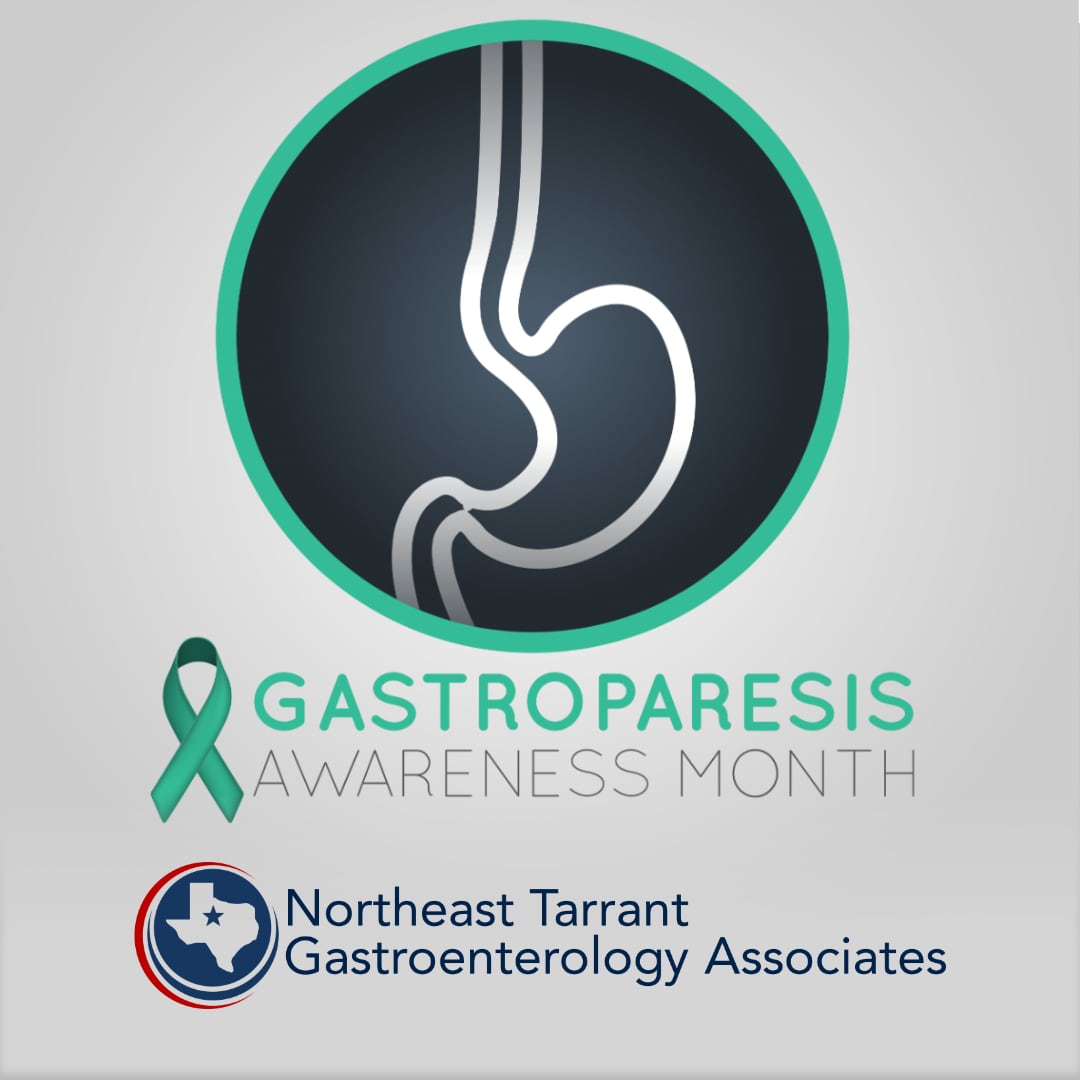GASTROPARESIS
 In normal individuals, ingested food is briefly stored in the stomach before being released into the small bowel for further processing and digestion. In individuals with gastroparesis, the stomach is unable to effectively empty its stored contents into the small bowel; thus, disrupting the digestive process and creating a myriad of problems for those who are affected by this disorder.
In normal individuals, ingested food is briefly stored in the stomach before being released into the small bowel for further processing and digestion. In individuals with gastroparesis, the stomach is unable to effectively empty its stored contents into the small bowel; thus, disrupting the digestive process and creating a myriad of problems for those who are affected by this disorder.
Listed below are some of the more common conditions associated with gastroparesis, as well as frequently encountered symptoms, potential complications and treatment modalities.
Risk Factors/Causes:
There are numerous potential risk factors and causes for gastroparesis. Some of the more common risks/causes include:
- Endocrine Disorders (Diabetes and Hypothyroidism)
- Infections (i.e. Viral Gastroenteritis)
- Neurological Diseases (Parkinson’s Disease)
- Rheumatological Diseases (Scleroderma)
- Medications (Narcotic Pain Medications)
- Surgeries in which the vagus nerve becomes damaged
Symptoms:
The symptoms caused by gastroparesis can vary widely from one patient to another. Additionally, they frequently mimic other gastrointestinal disorders (i.e. peptic ulcer disease, GERD, gallbladder disease, etc...). Some of the more common symptoms consist of:
- Nausea and vomiting
- Bloating/Belching
- Halitosis
- Abdominal pain
- Acid reflux
- Indigestion
- Poor appetite
Complications:
The complications from gastroparesis typically arise due to the symptoms that the condition causes:
- Dehydration due to persistent vomiting
- Malnutrition due to decreased oral intake (typically a result of persistent nausea and poor appetite)
- Development of bezoars (large collections of undigested food which can accumulate in the stomach, causing nausea, abdominal pain, poor appetite, etc...)
- Unstable or unpredictable shifts in blood sugar due to vomiting and poor oral intake
- Overall decreased quality of life
Diagnosis:
Because the symptoms of gastroparesis can mimic several other disorders, a variety of tests are frequently used to assess symptoms, rule out other conditions and establish a diagnosis:
- Upper endoscopy to evaluate for peptic ulcer disease and bacterial infections such as H. pylori
- Bravo and Manometry Studies to rule out refractory GERD
- Gastric Emptying Studies to assess gastric emptying
- Upper GI Series to evaluate small bowel contour and motility
- Ultrasounds to asses for gallbladder disease
Treatment:
Treatment of gastroparesis frequently requires a multifaceted approach which involves correcting underlying causes (when possible), symptom control and dietary modification. Examples:
- Optimal control of blood sugar levels in diabetics
- Minimizing/discontinuing medications which slow down gastrointestinal motility (i.e. narcotics and certain antidepressants)
- Anti-emetic drugs for control of nausea
- Acid-suppressing drugs to help with heartburn and indigestion
- Pro-motility drugs to help with gastric emptying
- Adjusting diets to provide optimal nutritional content in the form of proteins/carbohydrates/fats/fluids
- Minimizing foods which may exacerbate symptoms (alcohol, carbonated beverages, raw/uncooked fruits & vegetables, etc...)
We hope the above information has been helpful. If you have further questions or concerns, please feel free to schedule an appointment with us. We look forward to seeing you!
CALL TODAY
817-284-2693


 Meet Dr. Mark Murray
Meet Dr. Mark Murray Meet Dr. Eric M. Hill
Meet Dr. Eric M. Hill Meet Dr. kevin Ho
Meet Dr. kevin Ho